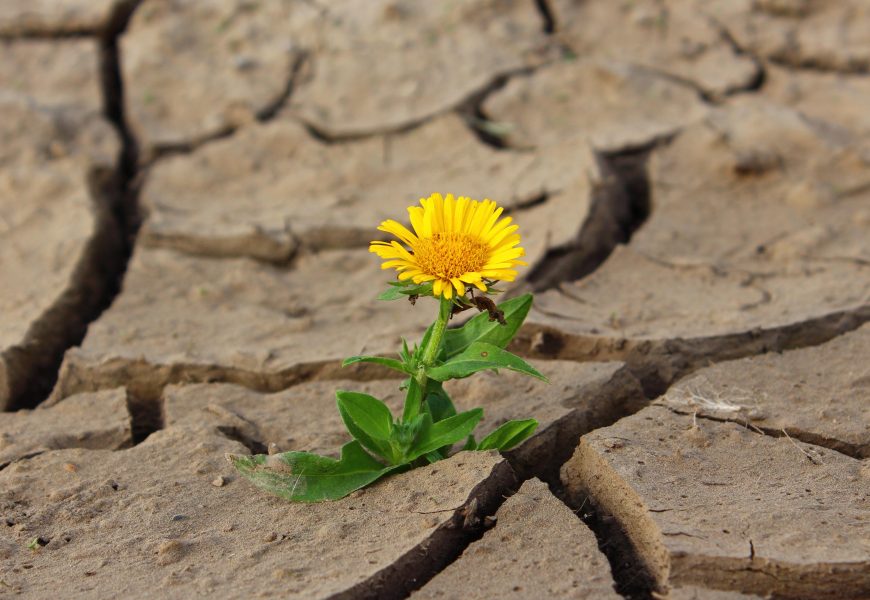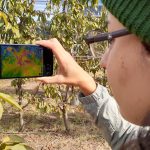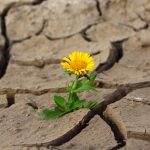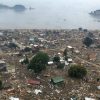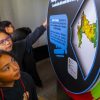By CRHIAM Communications / crhiam@udec.cl | Images: Courtesy of CRHIAM
After 12 years of scarce rainfall, the Chilean authorities announced an emergency plan in April 2022, considering a possible water rationing in the country’s capital. With more than 8.5 million inhabitants, Santiago faced a “green alert,” emphasizing the need to care for water, disseminating ideas for saving it, and prioritizing groundwater use.
This water crisis scenario has been the basis of the work of the Water Research Center for Agriculture and Mining (CRHIAM), which is helping to find scientific solutions to face it. For CRHIAM’s director, Dr. Gladys Vidal Sáez, the water deficit is a problem that must be addressed from a territorial perspective since “to understand and propose solutions that allow improving water management, it is essential to know how the watersheds work and have information that allows having a clear baseline on how water is used. In this way, we can make strides towards a better governance of this vital resource.”
Along these lines, in 2021 alone, CRHIAM scientists published 107 pieces of research, 96% of which were published in high-impact journals. There have also been dissemination products such as the CRHIAM communication series, books, talks, the “Water has its Science” (El Agua tiene su ciencia) podcast, and others that look to educate the community.
The mega-drought that Chile is experiencing requires urgent solutions to mitigate the long-term effects. In this context, at the beginning of 2022, the government announced 21 Strategic Drought Research Fund projects, an extraordinary call to promote solutions to this emergency. In 2023, other funds, such as the R+D Idea Competition, began to include the theme in their calls, seeking to prioritize the development of technologies in this area.
R&D solutions to face the drought
In this sense, the University of Concepción has awarded several projects, including “Technologies, CRHIAM methodologies, and best practices guide for water sustainability in the mining and agricultural industries,” which is led by the Center’s principal researcher, Dr. Leopoldo Gutiérrez Briones.
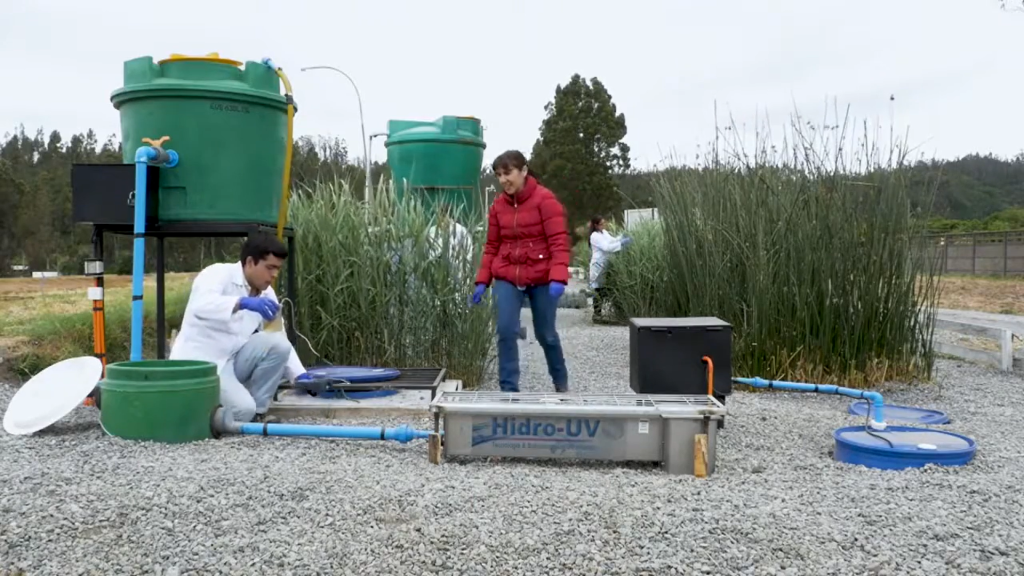
“This project considers the development of technologies that will allow mining and agriculture to face the water scarcity problem in Chile, focusing on the technical, environmental, legal, and social dimensions. Hence, interdisciplinarity, one of the strengths of CRHIAM, plays a fundamental role in its implementation,” explained Dr. Gutiérrez.
The initiative will be carried out based on five sub-projects that the Center’s researchers will lead. These will cover problems such as recovering copper and molybdenum using less water and the characterization of wetlands to treat gray water.
To it is added “Chileflux: Scientific network for monitoring water, energy, and CO2 flows as a tool for the control, adaptation, and mitigation of climate change and drought in Chile”, headed by the Center’s associate researcher, Dr. Octavio Lagos Roa.
Chile currently has Agroclimatic Meteorological Station networks that measure the main environmental variables associated with climate change. However, they do not measure the impact of the drought on three fundamental components: water consumption, surface energy components, and CO2 flow in ecosystems.
In this vein, Dr. Lagos mentioned that “this network will allow them to measure the amount of water they are using in different agricultural and natural coverages and to measure the components of the surface energy balance and carbon flows in the ecosystems. The network’s members are committed to producing and sharing high-quality data and making joint research and modeling to understand ecosystems better and thus achieve better adaptation to climate change and drought in the country.”
Last modified: 29 de agosto de 2025
